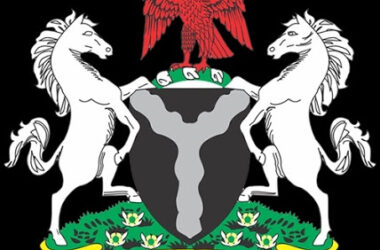The discourse surrounding minimum wage policies is a perennial fixture in economic and political arenas worldwide. At its core, the debate hinges on two pivotal concerns: ensuring fair compensation for workers and maintaining the economic health of businesses. Striking a balance between these objectives is essential for fostering a sustainable and equitable economic environment.
Proponents of raising the minimum wage argue that it is a crucial tool for reducing poverty and income inequality. By increasing the earnings of low-wage workers, the policy aims to enhance their purchasing power, thereby stimulating consumer demand and promoting economic growth.
For instance, in the United Kingdom, the introduction of a national minimum wage in 1999 led to a significant reduction in low pay without causing widespread job losses. The policy’s success is attributed to its gradual implementation and the establishment of an independent commission to set wage levels, which allowed for adjustments based on economic conditions .
In Nigeria, the recent proposal to raise the minimum wage to ₦70,000 reflects an effort to address the rising cost of living and improve the standard of living for workers. Advocates contend that such an increase would alleviate financial pressures on families and contribute to social stability .
However, the implementation of higher minimum wages is not without its challenges. Critics caution that substantial wage increases can lead to unintended economic consequences. Small and medium-sized enterprises (SMEs), which constitute a significant portion of Nigeria’s business landscape, may struggle to absorb higher labor costs. This could result in reduced hiring, job cuts, or increased prices for goods and services, potentially affecting both employees and consumers adversely .
Moreover, if wage increases outpace productivity gains, businesses may face pressure to maintain profitability, possibly leading to inflationary effects. The erosion of purchasing power due to rising prices can negate the intended benefits of wage hikes, making it essential for policymakers to consider inflationary pressures when setting minimum wage levels .
To navigate the complexities of the minimum wage debate, a nuanced approach is necessary. Policymakers should consider the following strategies:
Implementing gradual wage increases allows businesses to adjust to higher labor costs without abrupt economic disruptions .
Recognizing regional differences in economic conditions and cost of living can ensure that minimum wage levels are equitable and reflective of local realities .
Providing incentives such as tax breaks and access to credit can help small businesses cope with higher labor costs, fostering job creation and economic growth .
Addressing structural issues such as economic diversification, infrastructure development, and corruption is crucial for creating a resilient economy that can support fair wages without compromising growth .
The minimum wage debate is emblematic of the broader challenge of balancing social equity with economic viability. While increasing the minimum wage can enhance workers’ welfare, it is imperative to consider the potential economic implications and implement policies that support both employees and employers. By adopting a holistic approach that includes phased wage increases, regional considerations, support for SMEs, and comprehensive economic reforms, policymakers can work towards a sustainable and equitable economic future.







